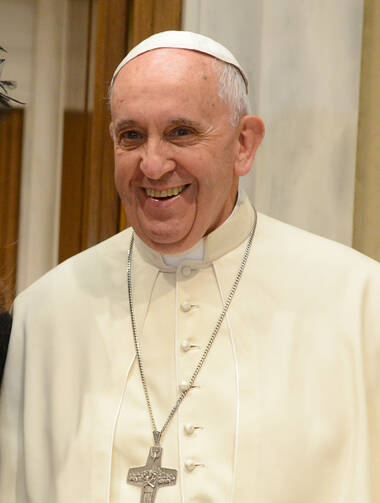In an apostolic letter released at the close of the Holy Year of Mercy on the feast of Christ the King, Nov. 20, Pope Francis called on the Catholic Church worldwide “to promote a culture of mercy in which no one looks at another with indifference or turns away from the suffering of our brothers and sisters.” In this 19-page text, called “Misericordia et Misera,” (“Mercy and Misery”), the Argentine pope issued a call “to set in motion a real cultural revolution, beginning with simple gestures capable of reaching body and spirit, people’s very lives.” He sees the urgent need for this in today’s world, badly marked by polarization, violence, exclusion and the pathology of indifference. In a decision aimed at healing the grave wound caused by abortion, Francis has given priests worldwide the faculty to pardon the sin of abortion. Pope Francis said “Mercy cannot become a mere parenthesis in the life of the church; it constitutes her very existence, through which the profound truths of the Gospel are made manifest and tangible. Everything is revealed in mercy; everything is resolved in the merciful love of the Father.”
Mercy Continues
Show Comments (0)
Comments are automatically closed two weeks after an article's initial publication. See our comments policy for more.
The latest from america
The direct action of San Diego Bishop Michael Pham is likely to leave a stronger impression in the minds of the public—and of the immigrants who are circling in and out of court—than any written statement.
“This is not policy, it is punishment, and it can only result in cruel and arbitrary outcomes.”
“Let diplomacy silence the guns!” Pope Leo XIV told the crowd in St. Peter’s Square a few hours after the United States entered the Iran-Israel war by bombing three of Iran’s nuclear sites.
Pope Leo XIV’s statement was read at the premiere of a play about the Peruvian investigative journalist Paola Ugaz, who was subject to death threats because of her reporting on sexual abuse.








